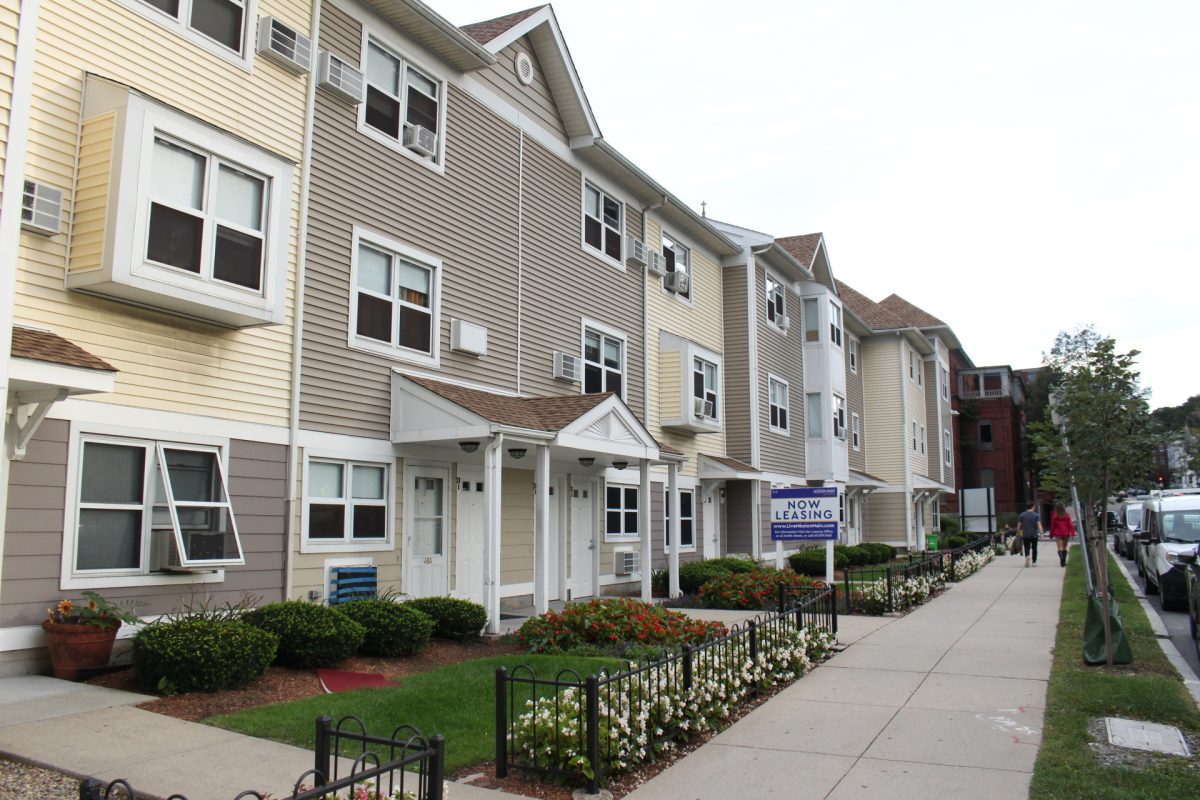By Sean Connolly, news correspondent
Mayor Martin J. Walsh released the newest update to the Greenovate Boston Climate Action Plan, a comprehensive plan committed to reducing greenhouse gas emissions in Boston, last month. The plan’s goal is to reduce greenhouse gas emissions levels present in 2005 by 25 percent by the year 2020 and 80 percent by the year 2050.
Walsh spoke on the importance of reducing greenhouse gasses to benefit the environment.
“When we’re talking about the environment, we’re talking about economic development, social equity, public health and safety, and community engagement,” Walsh said in a press release on Jan. 15.
Walsh is hardly the only one concerned about Boston’s future in a world of global warming. John Barros, Boston’s chief of economic development, spoke to NPR on Jan. 15 about the future of Boston’s Long Wharf.
“When we think about what 2-to-5 feet means, which is some of the conservative estimates of sea rise,” Barros said.
In the past, the City of Boston has had success in lowering greenhouse gas emissions. Between 2005 and 2014, emissions have lowered 17 percent citywide, and emissions from government operations have lowered by 25 percent, according to Greenovate’s report. However, according to the Greenovate Plan, the goal of an 80 percent reduction by 2050 will require a transformation of Boston’s energy and transportation infrastructure.
Vivien Li, co-chair of the Steering Committee that produced this report, believes success will require active efforts not only by companies and the government, but by individuals living in Boston.
“The Steering Committee felt that, going forward, greater involvement by Bostonians was key in both the development and implementation of an aggressive climate action plan,” Li said in the press release. “All of us have a stake in the outcome, and all of us can make a difference.”
The Greenovate plan’s propositions include increasing recycling in public places and upping requirements on energy efficiency for new buildings. Other initiatives involve placing mechanical, electrical and emergency services on the roofs of large buildings near the coast as a safety measure in case of flood.
“Something many people don’t understand about climate change is that it’s completely in line with projection to have large amounts of precipitation in winter,” third-year environmental studies and political science major Austin Williams said. “These last few weeks have shown us that the City of Boston is not ready to handle these changes.”
Since 2009, almost 36,000 homes have had home-energy upgrades that help to significantly increase energy efficiency. There has been a rise in solar power and co-generation, a type of energy production that utilizes steam. The city hopes to expand on this success.
“With about half of the US Congress still making the specious claim that human-caused climate change isn’t even real, we’re relying more and more on state and local governments to find solutions to the changes we see coming down the pipeline,” Brian Helmuth, NU professor of environmental policy, said. “It’s really encouraging to see the City of Boston being so proactive, not only in finding ways to reduce carbon emissions, but also to climate-proof Boston against impacts like increasing temperatures and sea-level rise that are already underway.”
Photo courtesy Timothy Vollmer, Creative Commons














